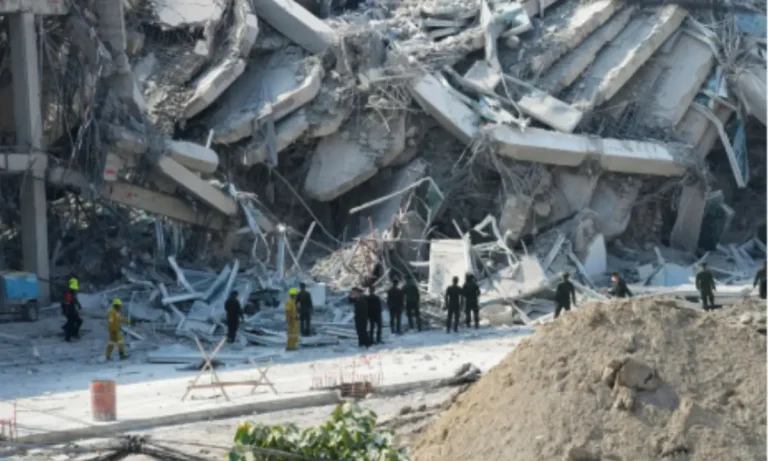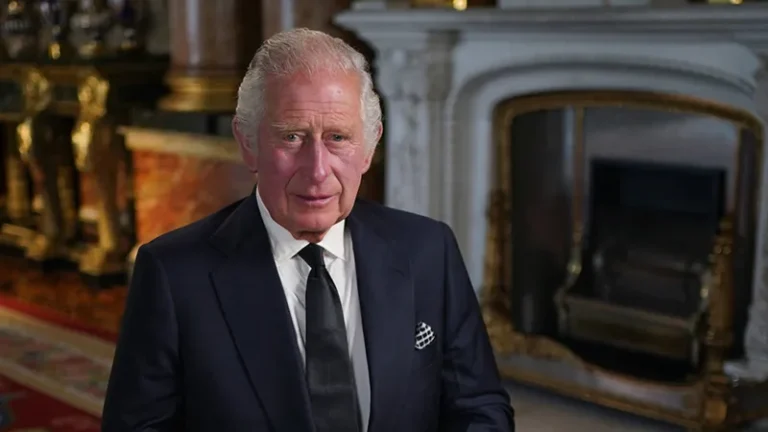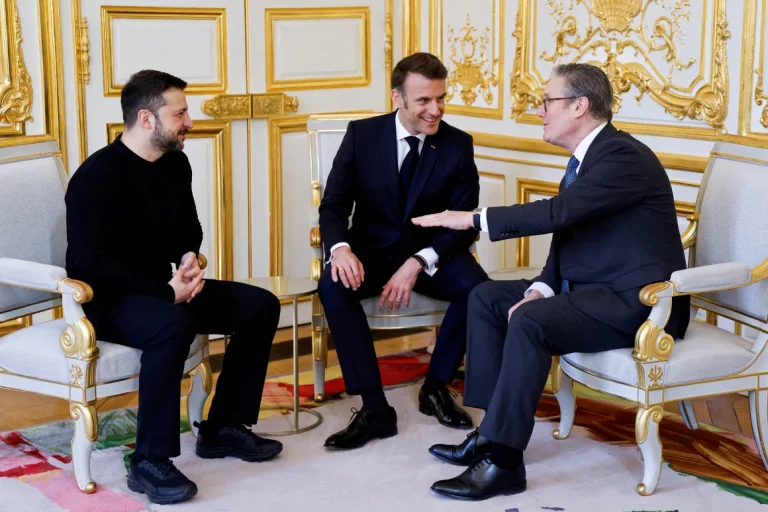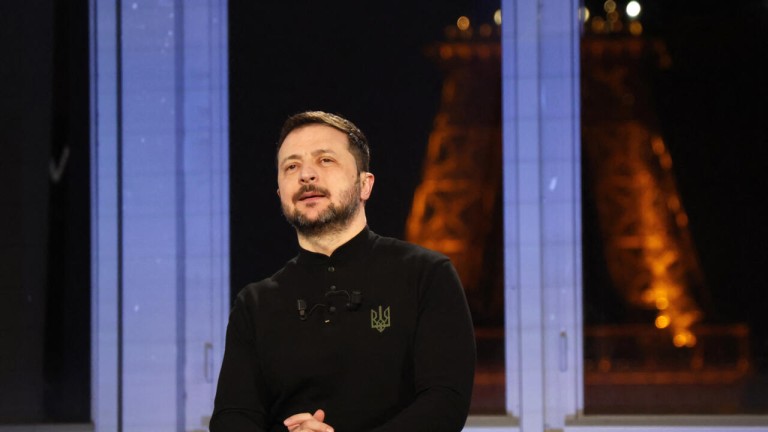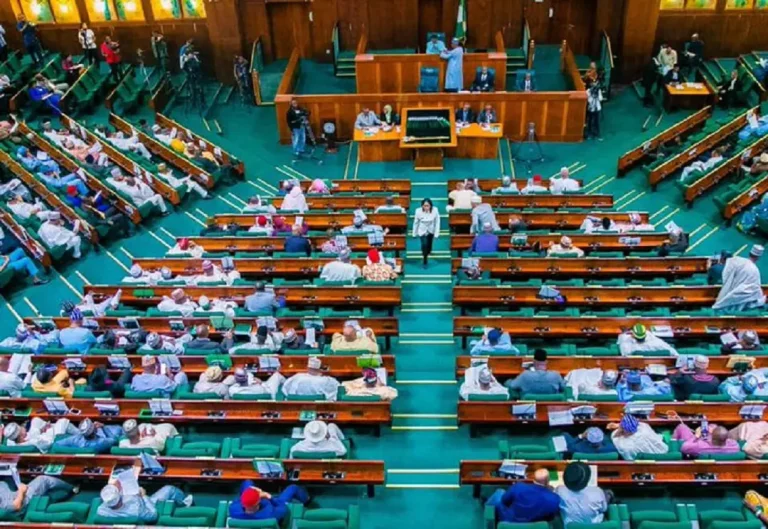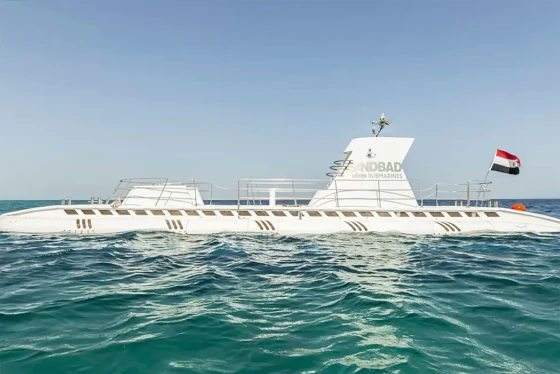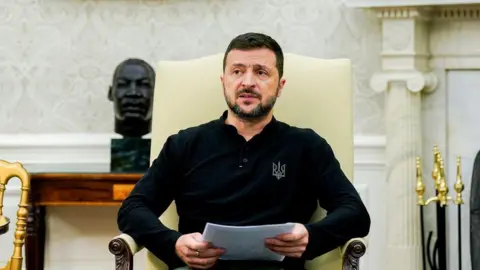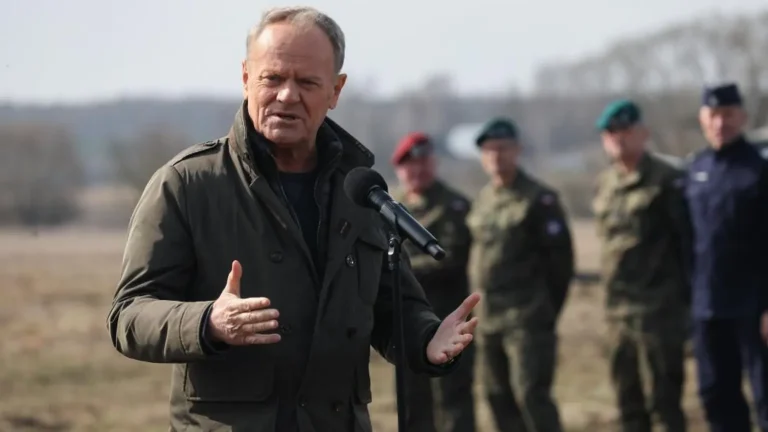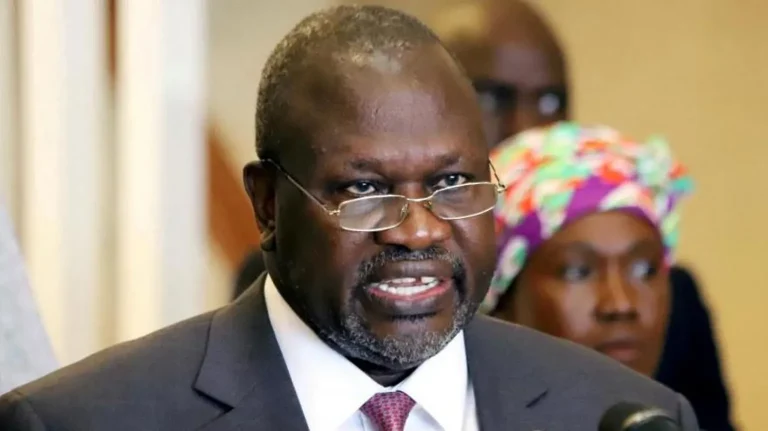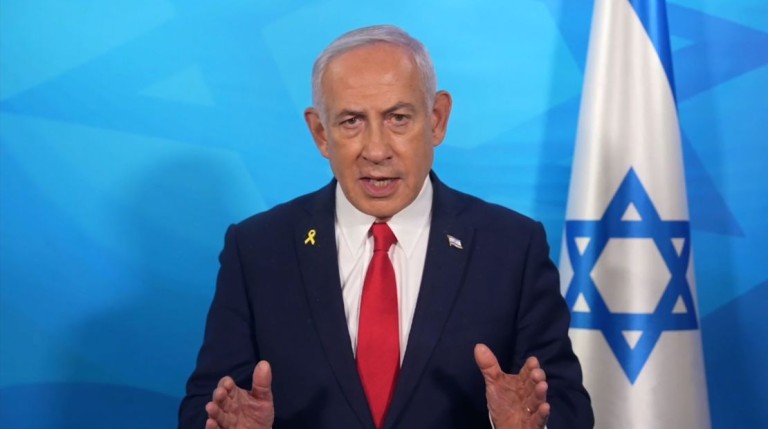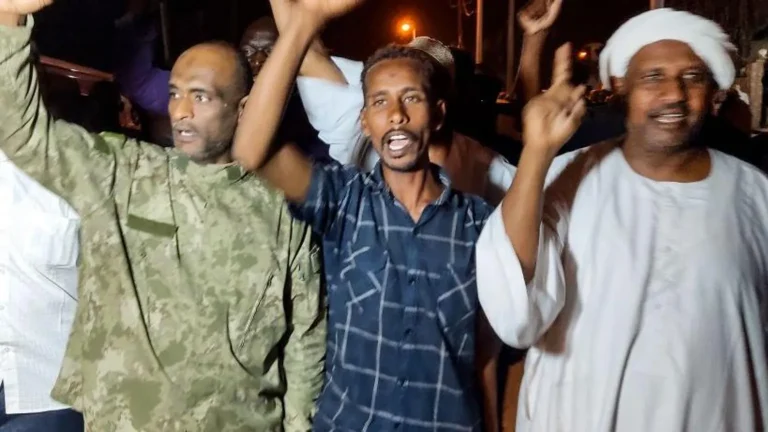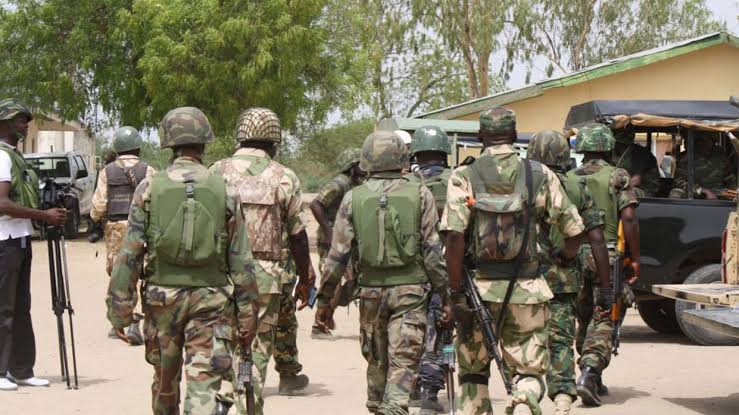2 mn readPoland has taken a controversial step by temporarily suspending the right of migrants arriving via its border with Belarus to apply for asylum. This decision comes after a bill was signed into law by President Andrzej Duda, allowing Polish authorities to suspend asylum applications for up to 60 days at a time. Prime Minister Donald Tusk emphasized that this move would be enacted “without a moment’s delay,” asserting that the changes were necessary to bolster Poland’s border security.
The law has sparked significant criticism from human rights organizations like Human Rights Watch, which has condemned the bill as a violation of Poland’s international and EU obligations. They argue that the law could lead to a complete closure of the Poland-Belarus border and exacerbate the already unlawful practices of pushbacks by Polish authorities, where migrants are sent back without due process. The human rights group has urged the EU to take legal action against Poland if the law is implemented.
Polish authorities, however, have defended the law, stating that the suspension would only be temporary and applied to those who pose a security threat, particularly large groups of migrants attempting to storm the border. There will be exceptions for vulnerable individuals, including unaccompanied minors, pregnant women, the elderly, the sick, and those who could face “real risk of serious harm” if returned to their country. The government has specifically pointed to Belarus, accusing it of deliberately orchestrating migration flows to destabilize Poland and the wider EU.
Tusk has dismissed the criticism, asserting that the policy does not violate human rights or the right to asylum but rather addresses the issue of organized groups of migrants illegally crossing the border, which, according to Poland, are encouraged by Belarusian President Alexander Lukashenko.
Since 2021, Poland, along with other EU countries like Lithuania, Latvia, and Finland, has faced a sharp increase in irregular migration from Belarus and Russia. In response, Poland has deployed thousands of troops and border guards to secure its frontier and has constructed a 5.5-meter-high steel fence along 186 kilometers of the border. Despite these measures, many migrants have been stranded, and human rights groups estimate that over a hundred people have died along the border since 2021.
Poland, along with other EU nations on the eastern flank, and the European Commission, have accused Belarus and Russia of “weaponizing” migration, creating a new route into the EU in an attempt to destabilize the bloc. The situation remains highly contentious, with ongoing debates about how best to balance national security concerns with the protection of human rights.



